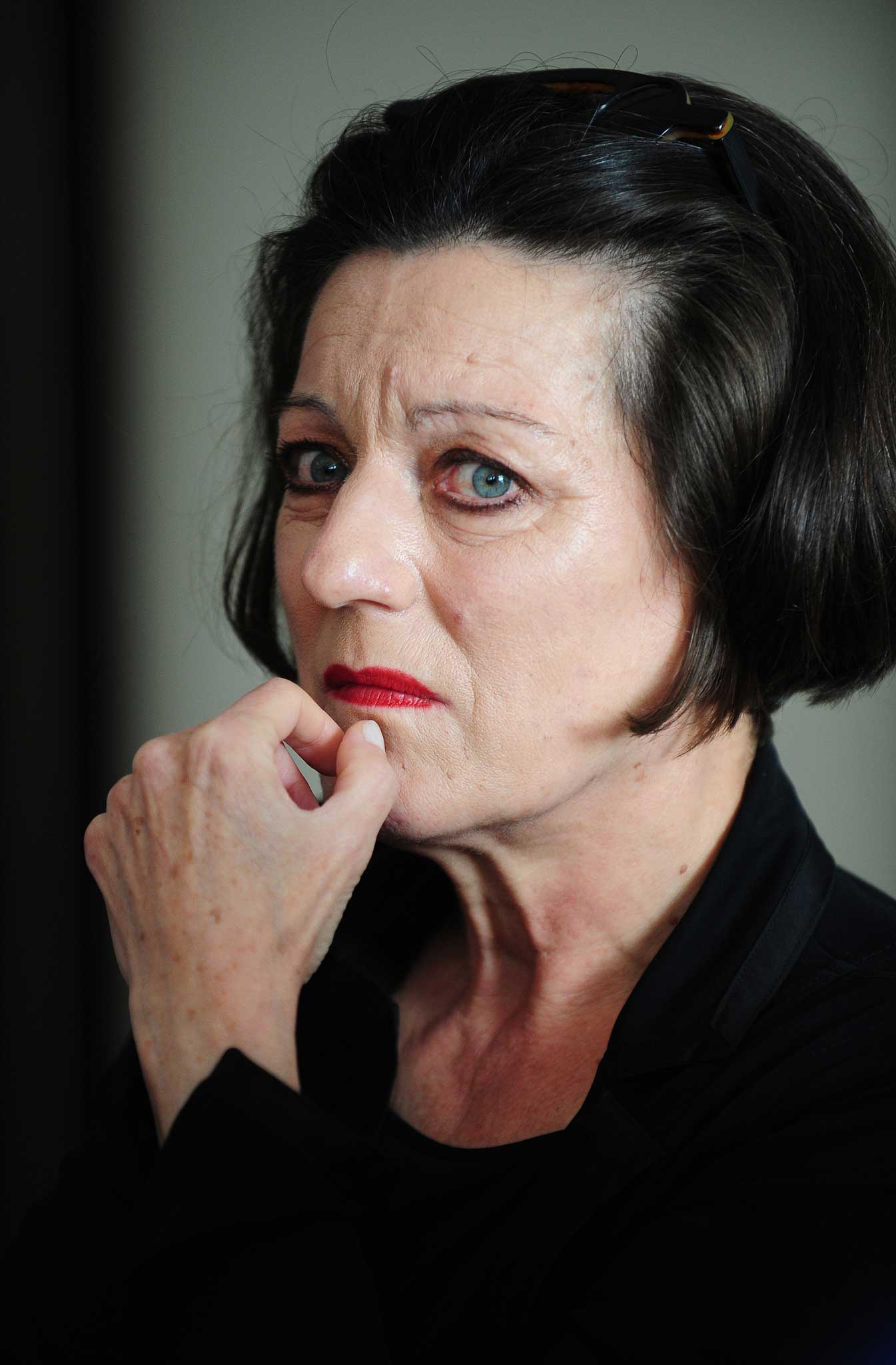The Hunger Angel, By Herta Müller, trans. Philip Boehm
This stark novel of deprivation and survival makes us see, and feel, the reality of the camps

The Nobel Prize-winner Herta Müller's novel of the suffering endured by the poet Oskar Pastior, when part of a group of ethnic Germans deported from Romania by the Soviets after the Second World War, follows in the tradition of works by survivors of forced labour camps of which Solzhenitsyn's A Day in the Life of Ivan Denisovitch is probably still the most famous. Müller takes us beyond pain, beyond politics and into the unrecognisable.
What is unrecognisable is not the daily drudgery of the camp that gay, middle-class, cultured Leo Auberg (based on Pastior), who has known it was only a matter of time before the Soviets picked him up in Hermannstadt and bundled into a truck, must get used to. And it's not the dreariness of the place, out in the steppes, or the constant bodily searches for lice, or the back-breaking labour with cement or coal or sand that gets into the skin and never comes off, or the lack of privacy that means men and women copulate in an old pipe when they get the chance, or the random cruelty of the guards. All of this we have seen before, in accounts by concentration camp survivors kept prisoner by the Nazis; all of this, to an extent, we have come prepared for. It's the kind of suffering we recognise.
Knowing that we know this, Müller offers us what we may not know so well. But can she resist making a fetish of the particular pain Leo suffers? Can any writer? It is impossible, perhaps, and so Leo must fetishise his hunger for Müller and for us. We may understand how hunger can take over everything; we may see in the tiny bread pieces kept and gathered for later, if he can stand to wait, the human instinct to plan ahead. We may recognise the barbarism to which hunger drives people, as one man is almost beaten to death for stealing the breadcrumbs another prisoner has been saving. But do we recognise the devotion Leo irrationally holds for his hunger angel? "Hunger is an object. The angel has climbed into my brain. The angel doesn't think. He thinks straight."
When Leo is released, five years later, he is still, and always will be, hungry: "To this day its hunger bites the middle out of every other feeling. And what's left in the middle of me is emptiness." Müller's extraordinarily clear and dispassionate novel is testament to one man's survival, but throughout it carries the notion of debt owed: to Oskar Pastior, to her mother who spent five years in a labour camp, to all those who suffered. That debt doesn't weigh it down so much as anchor it in the necessity of understanding, to make us see what we do not recognise.
Lesley McDowell's 'Between The Sheets' is published by Duckworth
Join our commenting forum
Join thought-provoking conversations, follow other Independent readers and see their replies
Comments
Bookmark popover
Removed from bookmarks